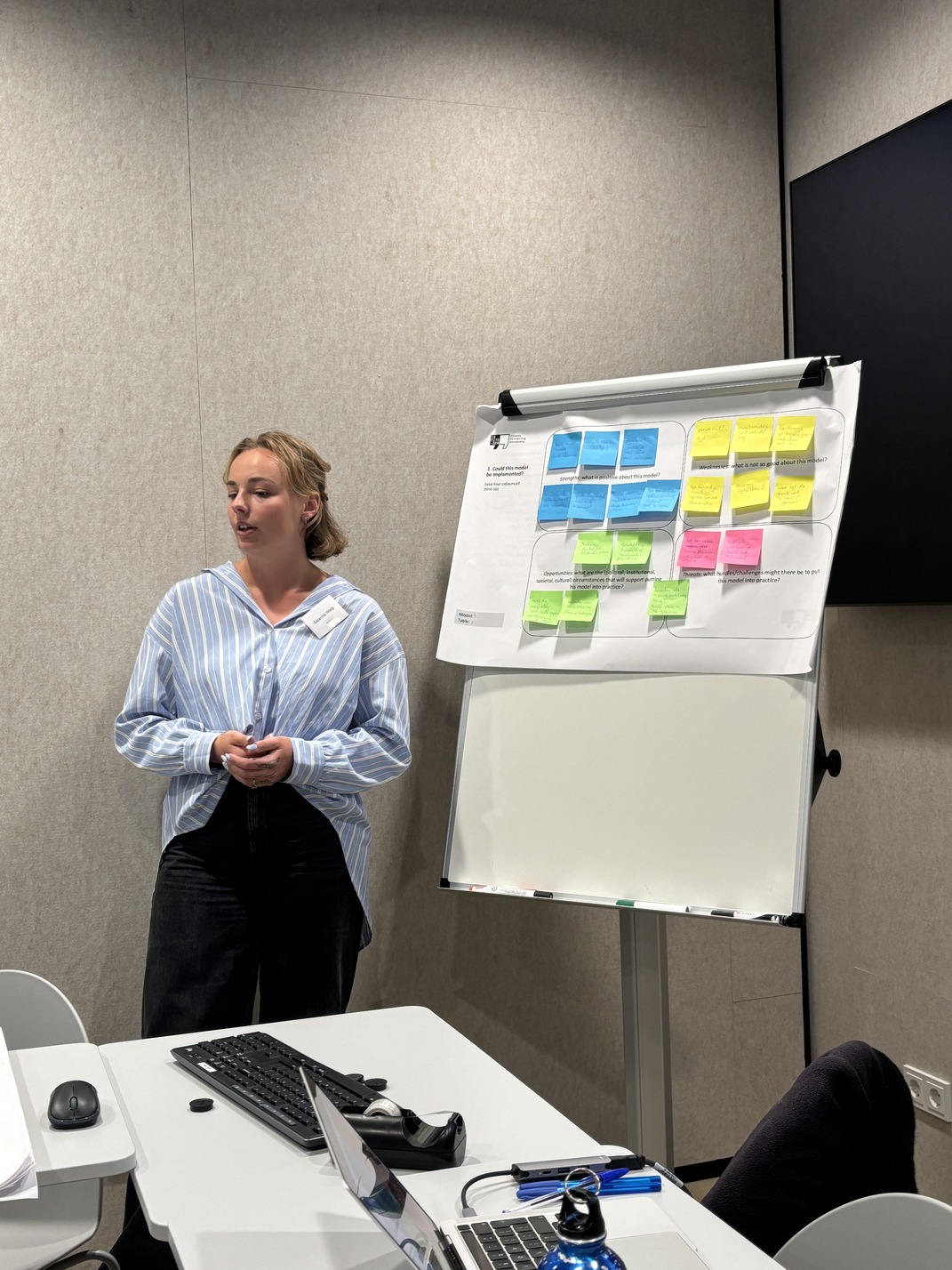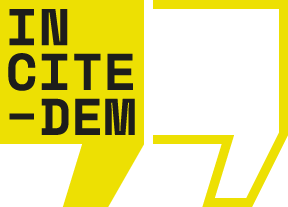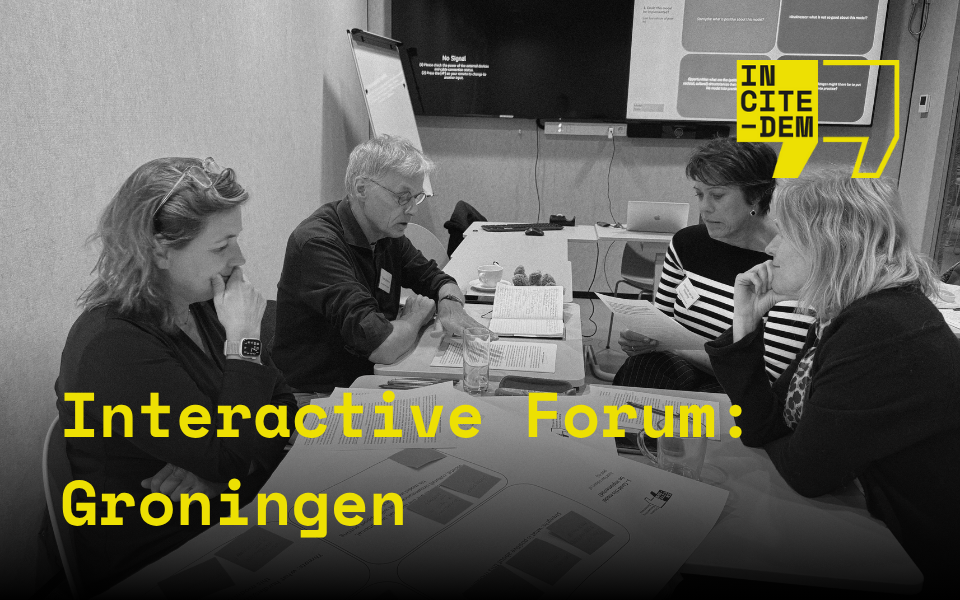On 11th September 2025, we hosted an Interactive Forum at the House of Connections in Groningen. This event served as a follow-up to the six Democracy Labs held by the INCITE-DEM team across six countries, where 161 participants collaboratively designed 31 democratic innovations.
The goal of this forum was to explore how these innovations could strengthen inclusive participation, encourage co-decision making, and foster a more sustainable democratic culture. The forum presented six key models developed through the Democracy Labs: The Neighbourhood House, The Permanent Citizen Assembly, The Participation Navigation App, The Democracy Allowance Initiative, The Democracy Laboratory, and The Inclusive Citizen Consultation. Each of these models reflects a unique approach to making democratic participation more meaningful and accessible.
We were proud to welcome participants from gemeente Schiermonnikoog (Municipality of Schiermonnikoog), gemeente Groningen (Municipality of Groningen), Vereniging Noorden Duurzaam (Association North Sustainable), Stichting Visvliet Vitaal (Visvliet Vitaal Foundation), EMMA – Experts in Media en Maatschappij (EMMA – Experts in Media and Society), and Rijksuniversiteit Groningen (University of Groningen). Together, they evaluated the feasibility of the models, proposed improvements, and discussed the potential impact of these innovations on public attitudes toward democracy, equality, inclusivity, and sustainability.
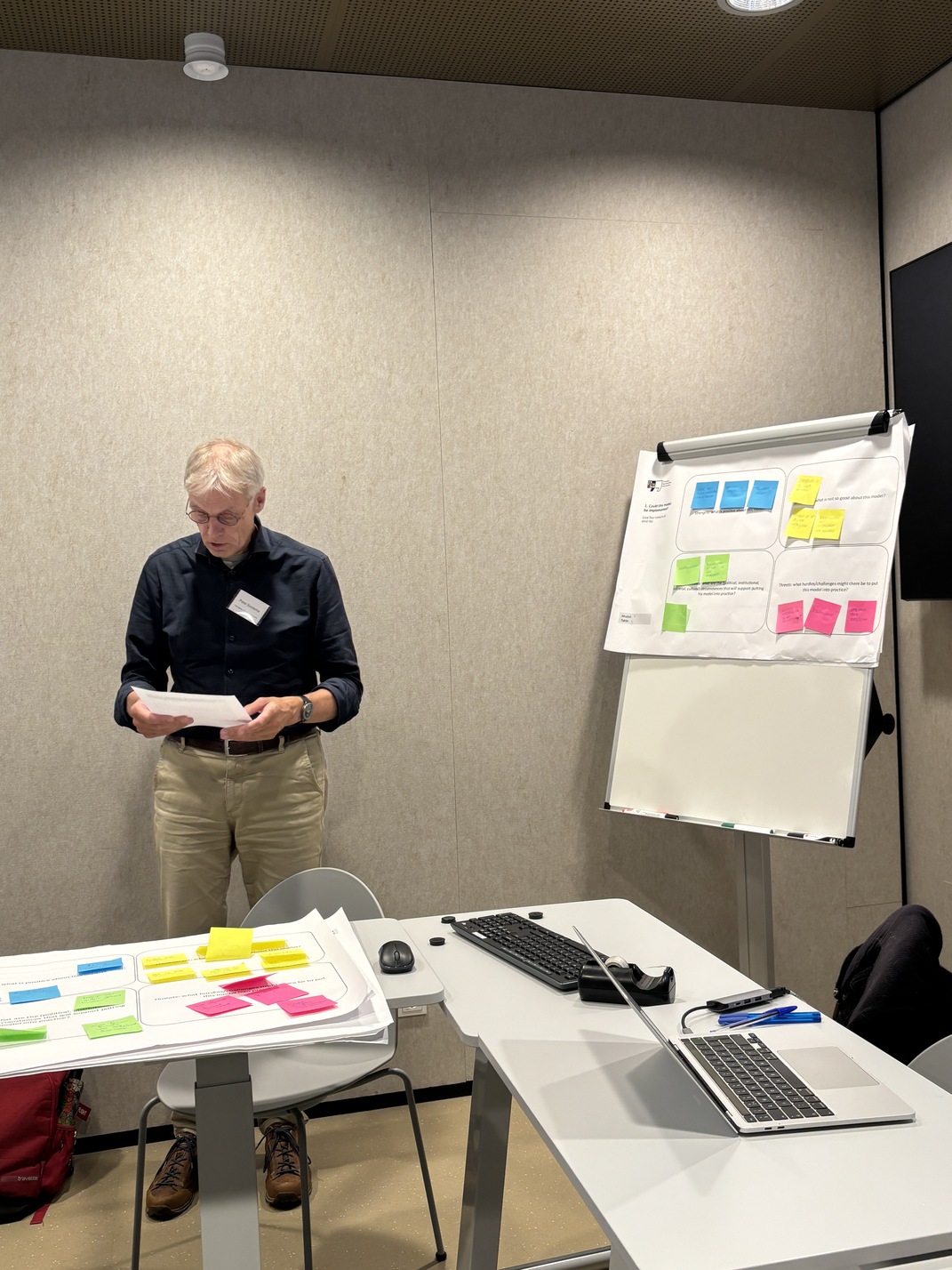
Key Takeaways from group discussions
Group discussions were guided by clear principles and revealed both the promise and the challenges of embedding democratic innovations into the Dutch context. Key insights emerged across the six models:
- Emphasis on bottom-up development. Innovative democratic models should be rooted in citizens’ real needs, rather than relying solely on top-down government initiatives. This makes citizens more connected to the community and longer lasting.
- Value face-to-face interaction. In-person activities (like “Neighborhood Houses”) are important for building trust and bringing people together. Digital tools (like the Participation Navigation App) should support these efforts, not replace them.
- Focus on the challenges of inclusiveness and representation. We must avoid attracting only “repeat participants”, thereby broadening participation and ensuring the representation of diverse groups.
- Be cautious about the role of digital tools. Although AI and digital tools can make participation easier, they also come with risks — such as privacy leaks, biased algorithms, and weakening of real-life community connections. To prevent these problems, we need to build in strong ethical protections and keep human interaction at the center of the design from the very start.
- Overcome financial and coordination barriers. All models face practical challenges such as high costs, lengthy timelines and difficulty coordinating with existing government agencies. These models could be refined through pilot projects.
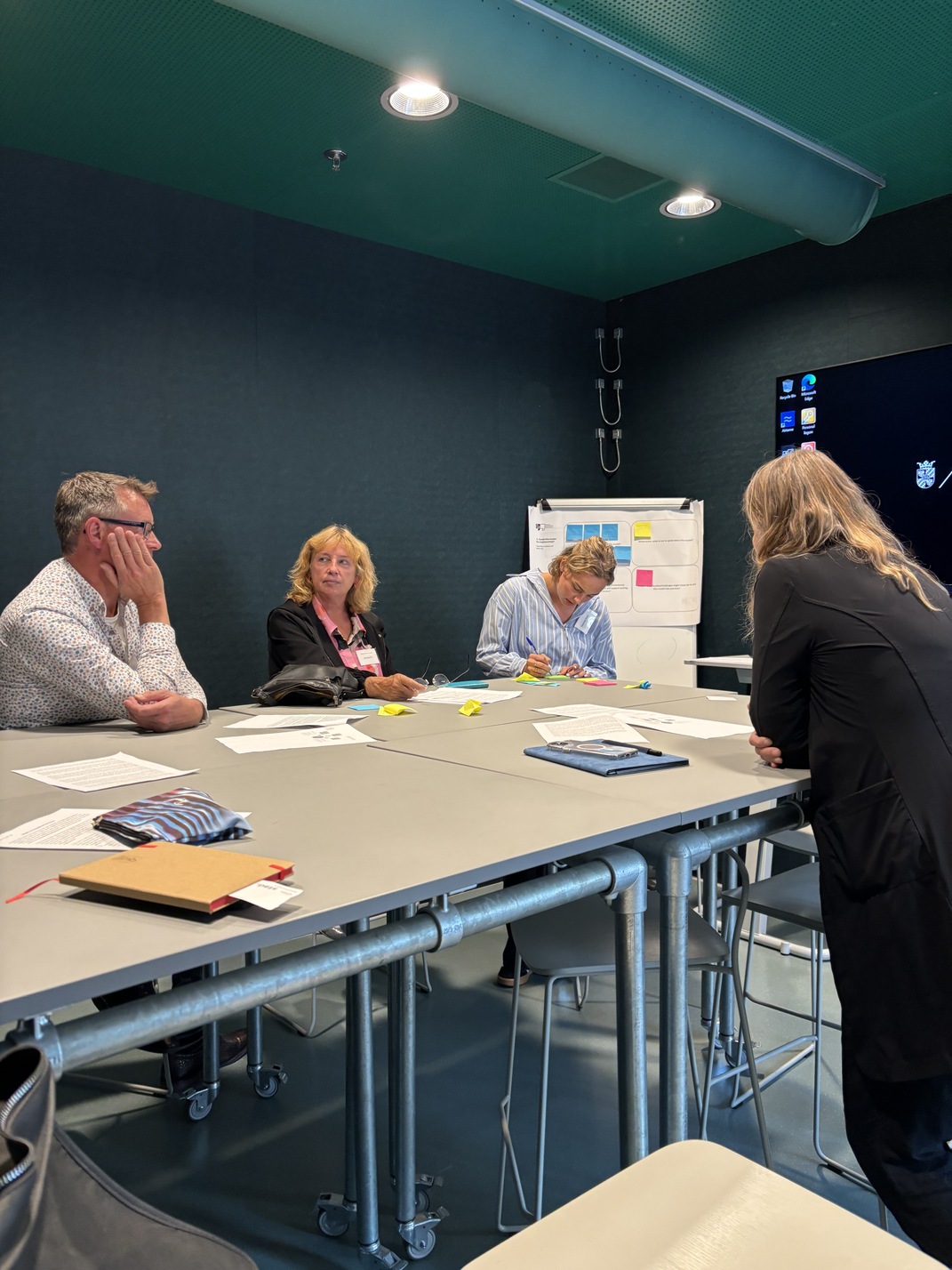
Overall Impressions from the Interactive Forum in Groningen
The forum left participants optimistic about democratic innovations such as Neighborhood Houses and Democracy Labs. These initiatives show strong potential to strengthen communities and encourage citizen participation by combining physical spaces, thoughtful institutional design, and digital tools.
However, participants emphasized that these ideas still face major challenges. Inclusion was identified as a key concern. Many initiatives attract the same small group of “repeat participants,” risking the exclusion of marginalized voices and reinforcing existing inequalities. There are also practical issues, including high implementation costs, and the coordination with existing government systems. Participants also expressed caution regarding technology. While digital tools can make participation easier, they raise concerns about data privacy, algorithmic bias, and the possibility that online engagement could weaken real-world community ties.
Despite these challenges, the forum identified promising ways forward. Successful models should adopt a bottom-up approach, responding to citizens’ real needs. Pilot projects and collaboration with local networks such as libraries, schools, and businesses were recommended to refine initiatives.
